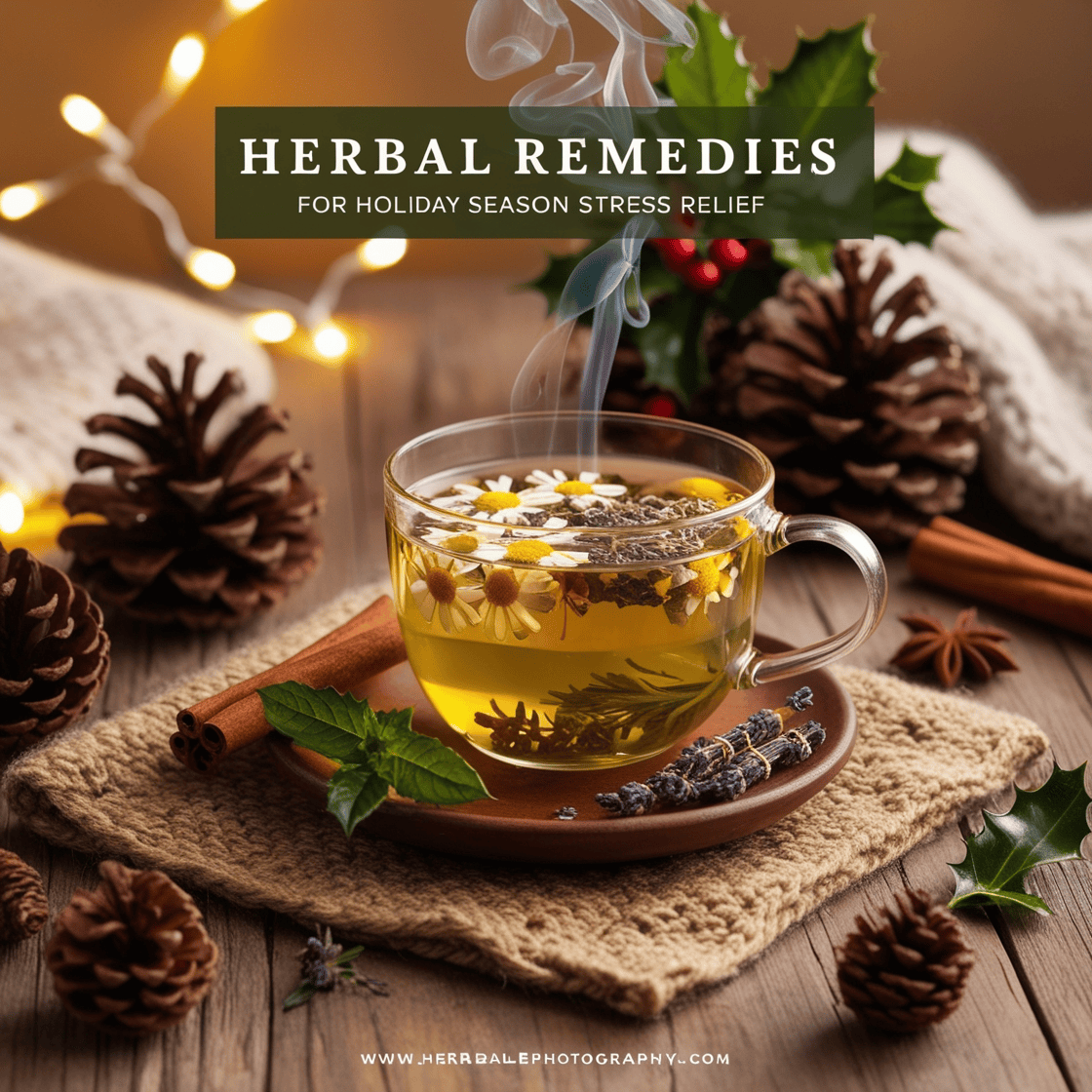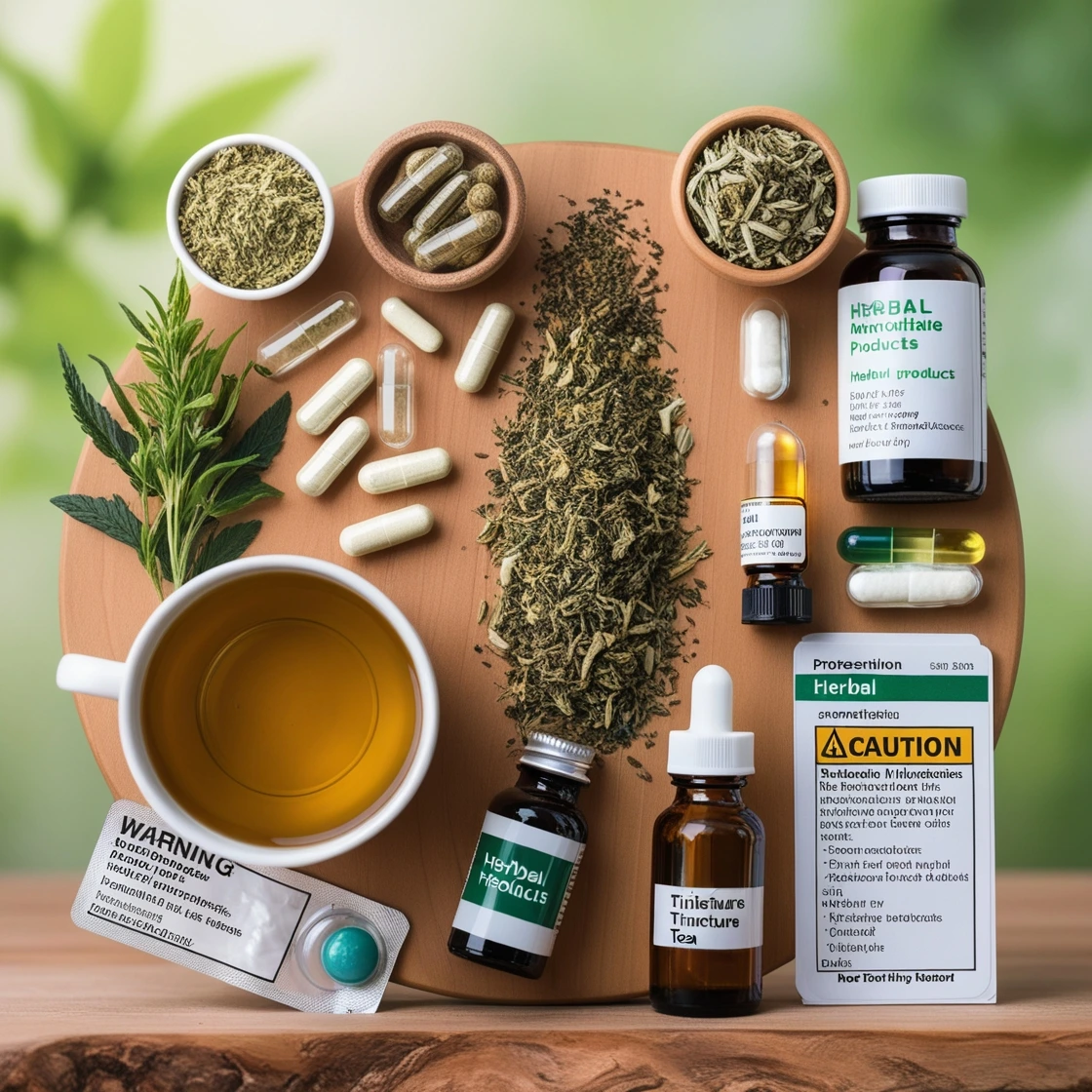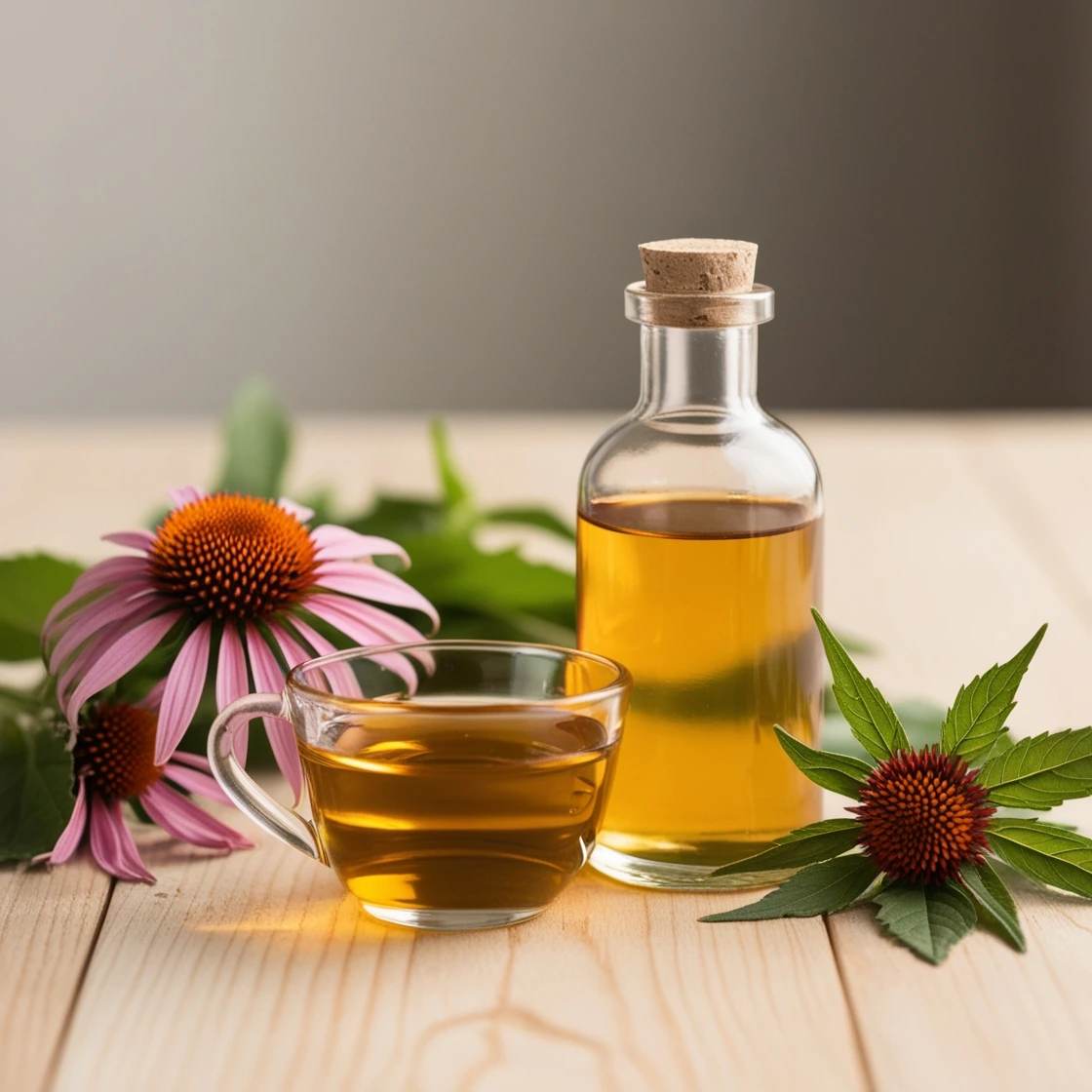Introduction
Are you looking for a for a natural remedy to strengthen your immune system and get much needed relief from symptoms of the common cold and other respiratory infections? Then, you have likely come across echinacea liquid as a potential solution. Known for its powerful immune-boosting properties, echinacea is a popular herbal supplement often used to reduce the severity of colds, sore throats, and other health conditions related to the respiratory tract.
Like many others you may also struggle with frequent colds, flu symptoms, and respiratory issues, seeking ways to shorten the duration and alleviate discomfort. But it’s easy to get confused in choosing the right herbal supplements with so many products in the market and to know which one is most effective for boosting immune health and fighting off illness.
If you’ve tried over-the-counter medicines with limited success, you might be wondering if echinacea could be a viable alternative and a herbal remedy.
Here we will provide a comprehensive science-backed guide to echinacea liquid benefits, usage and side effects for anyone looking to improve their immune function, particularly those interested in using echinacea products like liquid extracts or herbal supplements.
Whether you’re a seasoned user of echinacea or a first-time explorer of this herb, you’ll find valuable insights into the benefits of echinacea, dosage guidelines, and safety considerations for using echinacea liquid safely.
Echinacea has been widely popular as people increasingly turn to herbal remedies to manage their health. Whether it’s for combating the severity of colds or preventing respiratory tract infections, echinacea has become a trusted option for many. But like any herbal supplement, it’s important to understand how it works, its potential adverse effects, and how to incorporate it into your wellness routine safely.
Here we will explore the effects of echinacea, its role in supporting immune health, potential adverse effects, and practical ways to incorporate echinacea liquid into your daily routine. By the end, you’ll have a clearer understanding of how echinacea works, its proven benefits, and how to use it effectively to support your health.
We will explore the science behind echinacea liquid extracts and examining clinical trials, animal studies, and systematic reviews, we’ll help you make informed decisions about using echinacea supplements to boost your immunity and manage common cold symptoms. Let’s start.
How to Use Echinacea Liquid
Echinacea liquid, a widely used and one of the most common forms of this herbal supplement, is usually sold as a fluid extract. It is easy to incorporate into your daily routine. Here’s how to use it:
Dosage Guidelines
For Adults and Children
As for adults, the recommended dose of echinacea liquid extract is generally 20-30 drops, two to three times per day. For children, it’s important to consult with a healthcare provider before using echinacea products, especially since the appropriate dose will depend on the child’s age and health status.
For First time Users
If you are using echinacea for the first time, you should start with a lower dosage and observe how your body responds. Some people may experience adverse effects, such as nausea or mild allergic reactions, particularly if they have allergies to plants like ragweed. This is why it’s important to speak with a healthcare provider before starting any new herbal supplements, especially if you have pre-existing health conditions. The side effects of echinacea include minor digestive issues and skin rashes. Some studies suggest that it may result into liver damage.
Oral Administration
One of the most common way to use echinacea liquid is oral administration. You can mix it into water, juice, or tea. For those looking to enhance the benefits. You can also mix echinacea liquid with with other immune-boosting herbs such as elderberry, garlic, or ginger can create a more potent immune tonic.
Combining Echinacea Liquid with Other Herbs
Some people enjoy drinking echinacea alongside herbal supplements like chamomile or licorice root for added relaxation during cold and flu seasons.
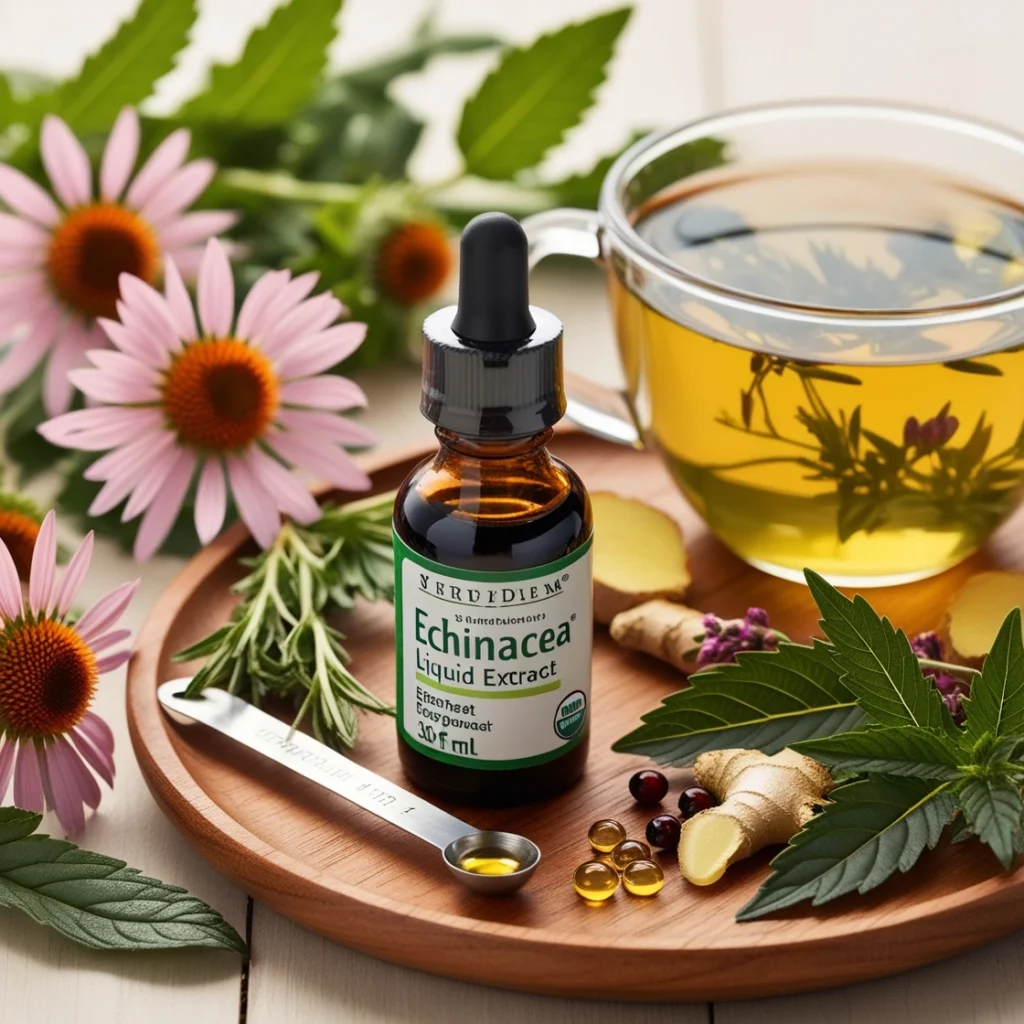
The Health Benefits of Echinacea: Evidence from Research
Numerous studies have examined the health benefits of echinacea, especially in the context of its use for treating respiratory infections like the common cold. Some randomized, double-blind, placebo-controlled trials have shown that echinacea can significantly reduce the duration of colds and lessen the severity of cold symptoms.
A study suggests that echinacea can reduce the possibility of upper respiratory tract infection by 22%. “Our review presents evidence that echinacea might have a preventative effect on the incidence of upper respiratory tract infections but whether this effect is clinically meaningful is debatable,” says the study.
Other studies have investigated its potential anxiolytic effects or ability to relief anxiety, as well as its ability to prevent infection when taken regularly as part of a wellness routine.
“The echinacea angustifolia extract (EP107TM) administered for 6 weeks at a dose of 40 and 80 mg daily was not associated with greater improvements in anxiety in adults with mild-to-moderately severe anxiety compared to the placebo. However, there were greater improvements in positive and negative affect, and emotional wellbeing, suggesting antidepressant effects,” says a study.
While the majority of research supports the use of echinacea for boosting immune function, the clinical trial data remains mixed regarding its effectiveness. The results of systematic reviews indicate that echinacea supplements may offer some benefits, but these effects might not be as profound as some claims suggest.
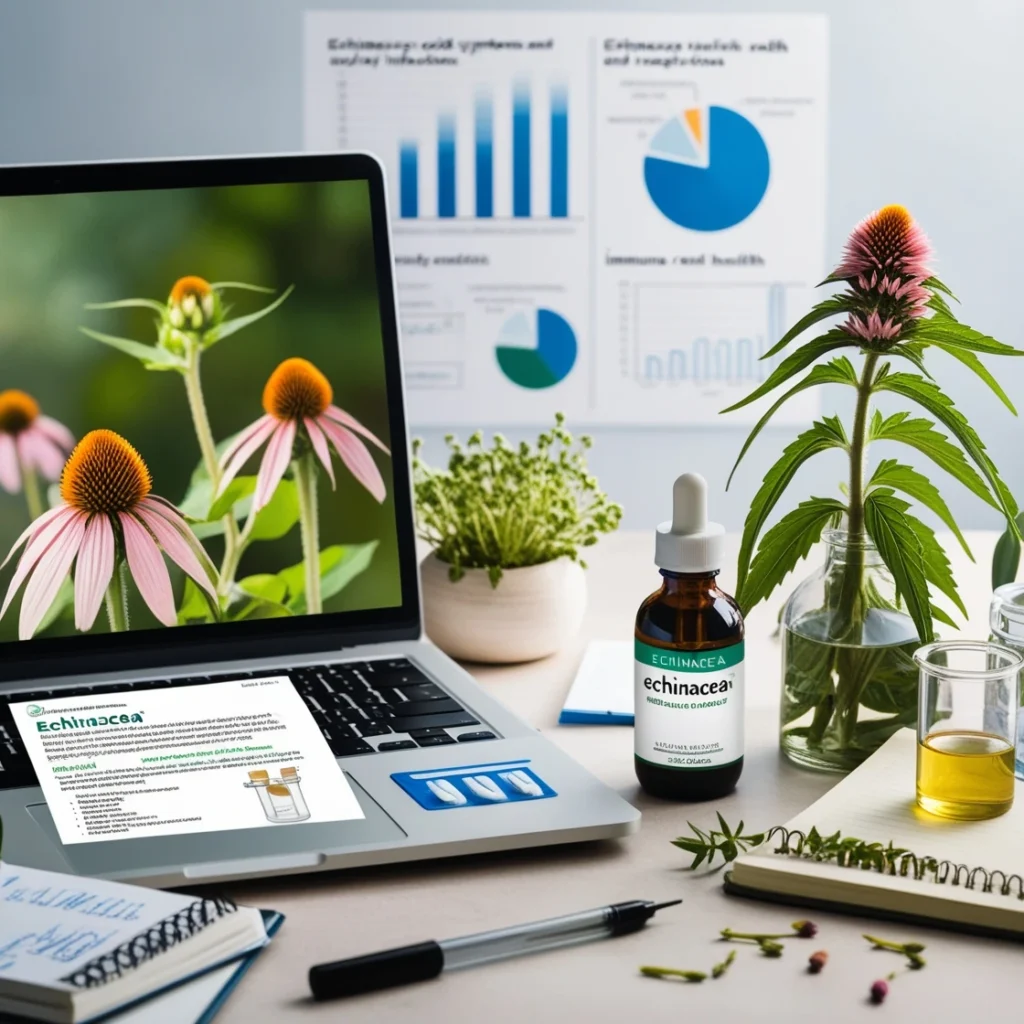
Side Effects of Echinacea Liquid
Most people tolerate echinacea liquid well, but it’s important to be aware of potential common side effects. The most frequently reported side effects include mild gastrointestinal issues, such as nausea or upset stomach.
In rare cases, allergic reactions can occur, especially in individuals allergic to daisy family plants like ragweed. Symptoms of an allergic reaction may include rash, swelling, or difficulty breathing.
In some clinical trials, researchers moted adverse effects when using echinacea long-term. These effects are generally mild but should be carefully monitored. . If you experience any unusual reactions or discomfort, stop using the product immediately and consult a healthcare provider.
For individuals with autoimmune conditions, caution is advised as echinacea may stimulate immune system activity in unpredictable ways.
“There is concern that allergic reactions could be severe in some children. Before giving echinacea to a child, talk with the child’s health care provider,” says an article published on the official website of the National Centre for Complementary and Integrative Health.
It also says that there is conflicting evidence about whether echinacea interacts with some drugs metabolized by the liver, and there are theoretical reasons to suspect that echinacea might interact with immunosuppressants or caffeine.
“Echinacea has been used mostly for treating and preventing the common cold and other upper respiratory illnesses. While echinacea is generally well tolerated with only few and minor adverse effects, there have been isolated reports of serum enzyme elevations and clinically apparent liver injury attributed to its use,” states a research paper published on the official website of the National Library of Medicine.
If you’re on prescription medications, particularly immunosuppressive drugs, echinacea should be used with caution. Always discuss with a healthcare provider before starting any new supplement regimen, especially if you have underlying health conditions or are taking other herbal medicines.

Echinacea and Goldenseal: A Dynamic Duo
Echinacea combined with goldenseal is a popular pairing in herbal medicine. Goldenseal contains berberine, a compound with antibacterial and antifungal properties, which complements echinacea’s immune-boosting effects. Together, they form a powerful remedy for sore throats, cold episodes, and respiratory infections.
Goldenseal has alkaloid compounds such as berberine, hydrastine, and canadine. These compounds have antibacterial and anti-inflammatory properties.

Conclusion
Echinacea liquid is a versatile and effective way to support your immune system, offering potential benefits for alleviating symptoms of common illnesses, such as the common cold. Echinacea has long been used in traditional medicine, and while scientific evidence on its effectiveness can vary, it remains a popular and widely used herbal remedy.
The liquid form of echinacea offers a convenient and easily absorbed option for those seeking to boost their immune function and prevent or shorten the duration of colds.
Despite varying results in clinical studies, many individuals find echinacea liquid to be a valuable addition to their health regimen. It is particularly helpful when taken at the onset of cold symptoms, as it may help reduce the severity and duration of these symptoms.
Echinacea is believed to work by stimulating the body’s immune response, making it a common natural alternative to over-the-counter cold medications.
However, it is important to follow proper usage guidelines when incorporating echinacea into your routine. It is recommended to use the product according to the instructions provided by the manufacturer or as advised by a healthcare provider.
While echinacea liquid is generally considered safe for most individuals, it is essential to be aware of potential side effects, such as mild gastrointestinal discomfort or allergic reactions, especially for those with sensitivities to plants in the daisy family.
For anyone considering echinacea, especially if you have underlying health conditions or are taking prescription medications, consulting with a healthcare provider is advisable. With informed use, echinacea liquid can be a valuable tool in supporting your immune system and overall well-being.
Key Takeaways: Echinacea Liquid Benefits
Immune Support
Echinacea liquid is widely recognized for its ability to support the immune system, particularly in reducing the duration of cold symptoms and helping with respiratory infections. It’s commonly used to prevent and treat common colds and sore throats.
Forms of Echinacea
Echinacea liquid extract is a convenient and fast-absorbing option that offers the benefits of echinacea in a highly concentrated form. Available in tinctures or fluid extracts, this form can be easily incorporated into your daily wellness routine.
Dosage and Use
The typical dosage for adults is 20-30 drops of echinacea extract 2-3 times a day, but it’s essential to follow the product’s instructions and consult a healthcare provider before use, especially for children. Always dilute the extract in a beverage or water to make it easier to consume
Potential Side Effects
While echinacea products are generally safe, common side effects can include mild gastrointestinal discomfort or allergic reactions, especially in individuals allergic to plants in the daisy family. It’s crucial to monitor any adverse effects and consult a doctor if necessary.
Combining with Other Supplements
Echinacea liquid can be combined with other immune-boosting herbs like elderberry and goldenseal to enhance its effects. However, it’s best to speak with a healthcare provider before combining echinacea with other supplements or medications.
Effectiveness
While clinical trials suggest that echinacea extracts may offer some benefits in fighting cold episodes, results can vary. It’s important to manage expectations and consider it as part of a broader approach to immune health.
FAQ: Echinacea Liquid
1. What is Echinacea Liquid?
Echinacea liquid is an herbal extract derived from the Echinacea plant, commonly used to support the immune system and combat symptoms of cold and flu. It is typically available in tincture or liquid extract form, and is taken orally.
2. What are the Benefits of Echinacea Liquid?
Echinacea liquid is believed to boost the immune system, reduce the duration of cold symptoms, and help relieve respiratory infections. Studies suggest it may also have anti-inflammatory and antioxidant properties that support overall wellness.
3. How Do I Take Echinacea Liquid?
The typical dosage for adults is 20-30 drops, 2-3 times per day. You can add it to water, tea, or juice. Children should take a reduced dose, and it’s best to consult with a healthcare provider before use.
4. Are There Any Side Effects?
Most people tolerate echinacea liquid well, but some may experience mild side effects like nausea or gastrointestinal upset. People with allergies to daisy family plants (such as ragweed) may experience allergic reactions. If any unusual symptoms occur, stop using it and consult a doctor
5. Can Echinacea Liquid Be Used with Other Supplements?
Yes, echinacea can be combined with other immune-boosting herbs like elderberry or garlic. However, consult your doctor before combining with other medications, especially immunosuppressants.
6. Is Echinacea Liquid Safe for Long-Term Use?
While short-term use is generally safe, long-term use of echinacea should be approached with caution. It may interact with certain medications, and its effects on the immune system may be unpredictable if taken for extended periods.

